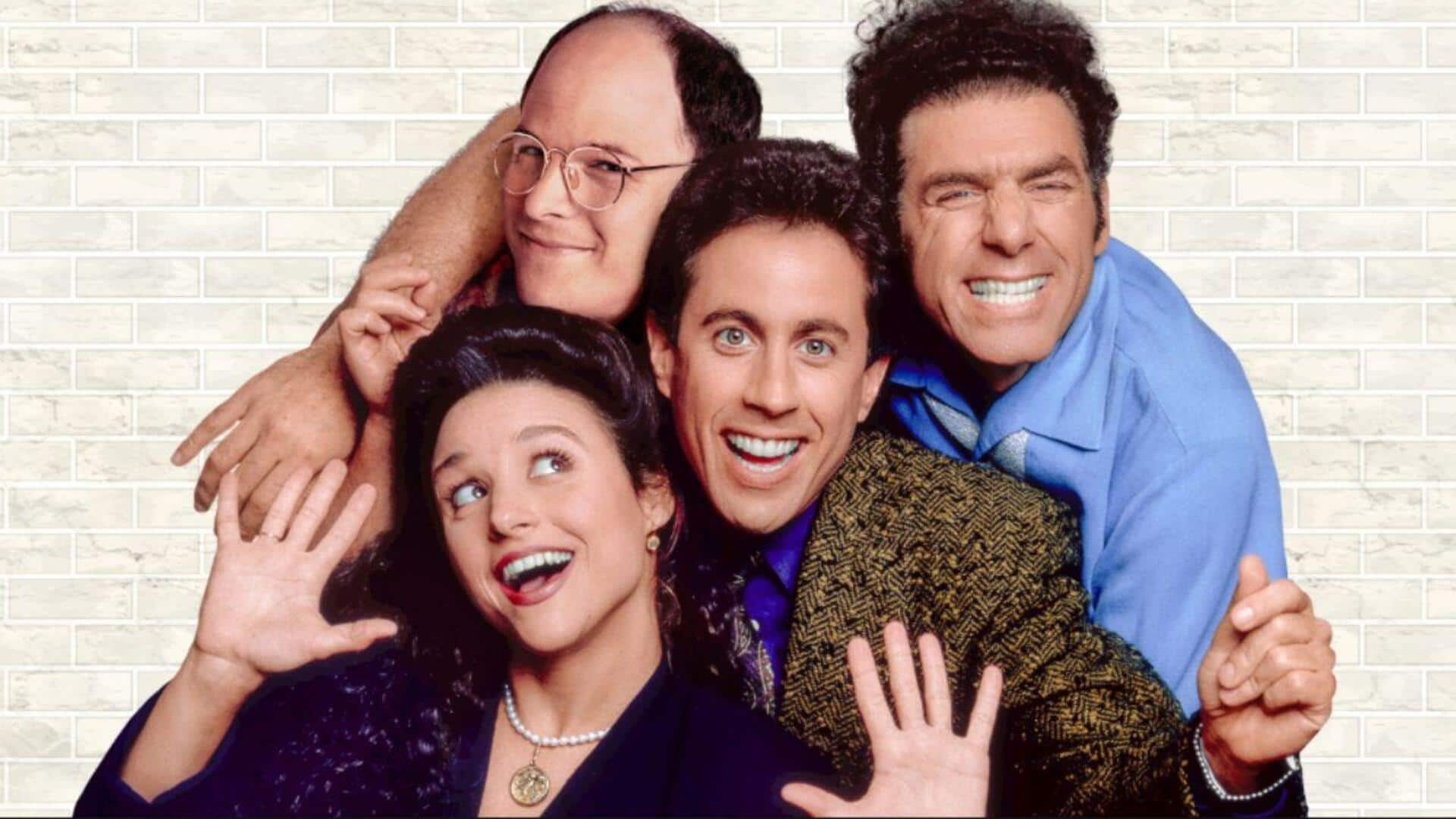
How a real NYC chef inspired 'Seinfeld's iconic 'Soup Nazi'
What's the story
The Seinfeld episode Soup Nazi remains one of the most memorable ones. The 1995 episode introduced viewers to a character who was equally feared and loved for his strict rules and delicious soup. But did you know the inspiration behind the iconic character was a real-life soup vendor in New York City? Here's looking at how the Soup Nazi came into being, and how this character became a cultural phenomenon.
#1
The real soup vendor behind the character
The infamous Soup Nazi was inspired by Al Yeganeh, a real-life soup vendor who was strict but made great soups. His Manhattan restaurant drew many customers who would abide by his stringent ordering rules just to get their hands on his soups. Yeganeh's tough-love approach, coupled with high-quality food, made him an ideal muse for the show's writers.
#2
How 'Seinfeld' discovered Al Yeganeh
Larry Thomas, who played the Soup Nazi, gave life to this character after hearing about Al Yeganeh from writer Spike Feresten. Feresten had visited Yeganeh's restaurant and experienced the unique atmosphere created by its owner firsthand. This was enough material for an entire episode centered around this eccentric yet fascinating figure.
#3
The impact of 'Seinfeld' on Al Yeganeh's business
After the episode aired, Al Yeganeh's business received a major boost. Fans of Seinfeld thronged to his restaurant in curiosity and reverence for what they had seen on TV. Although some part of the chef was reluctant to be associated with the show due to its comedic representation, Yeganeh eventually embraced his newfound fame since it brought more attention to his culinary skills.
#4
Cultural significance of the episode
The Soup Nazi episode became a significant part of pop culture history owing to its memorable catchphrases and a unique storyline. It emphasized how even the most mundane activity, such as ordering food, can be transformed into comedic gold if infused with creativity and relatable characters. The impact of this episode is so strong that it continues to be referenced in media forms today.